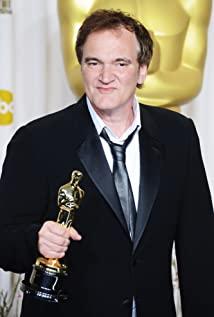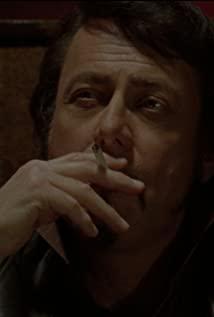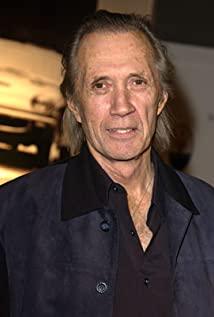Turn off the lights, wear headphones, and watch the part about burying the bride alive, as if you were burying yourself alive. The wooden pins were knocked down one by one, the light clanged from one mouth to one crack, and disappeared completely. The man in the coffin turned on the flashlight, but there was only an intermittent beam of light, and the rest was only darkness, filled with soil. The thumping sound, roaring, struggling, helplessness, the smell of fresh wood and soil all dwindling along with the oxygen, turn off the flashlight, and suffocate the light and air together.
The magic of Quentin is that in the first decisive battle on the snowy night, as soon as the wooden door of the tavern was opened, it was immediately a real Japanese garden and a real Zen; and the second bill sat beside the burning pyre , while playing the bamboo flute, he talked eloquently about the white-browed hero in 1005, and suddenly brought people into the atmosphere of Chinese martial arts in the desert. Even if Japanese and Chinese people are invited to shoot these two scenes, I am afraid it is difficult to have more flavor than Quentin's lens. The plot of going to bridge to learn kung fu with Bai Mei is a bit like Kung Fu Panda, but the old-fashioned plot can surprise people with unique lens language. (However, the goose and white eyebrows and the Cantonese language are still in play in one second.
Another great thing about Quentin is that the plot of the movie is just a pulp fiction, but it can turn corruption into magic in his hands. In his lens, even the bloody eyes are not so disgusting, and such an old-fashioned plot can make people unsatisfied.
View more about Kill Bill: Vol. 2 reviews











